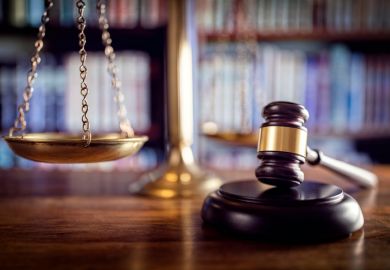User-generated content UGC and influencers play a pivotal role in contemporary digital marketing strategies, creating a dynamic landscape that offers unique opportunities and challenges. From social media platforms to blogs, users and influencers contribute diverse content that can shape brand perceptions and drive engagement. However, amid the creative freedom and spontaneity, there exist legal responsibilities that both content creators and influencers must navigate to ensure compliance with regulations and maintain ethical standards. One of the primary legal considerations in user-generated content is intellectual property rights. Content creators often use images, music, or other copyrighted materials in their creations. Failure to obtain proper permissions or licenses for such assets can lead to copyright infringement issues. Influencers, in particular, must be diligent in ensuring that the content they share does not violate intellectual property laws. This responsibility extends beyond images to include trademarks and logos associated with brands, as unauthorized use could lead to legal action.

Disclosures and transparency are critical aspects of influencer marketing. Many jurisdictions require influencers to clearly disclose when they are being compensated for promoting a product or service. The lack of transparency can mislead consumers, resulting in legal consequences for both influencers and the brands they collaborate with. To comply with these regulations, influencers must use clear and conspicuous language to disclose their relationships with brands. This transparency builds trust with the audience and helps maintain the integrity of influencer marketing as a whole. Privacy concerns also loom large in the realm of user-generated content. Influencers often share personal anecdotes, photos, and details of their lives, blurring the lines between personal and professional realms. It is imperative for influencers to respect the privacy rights of individuals and obtain consent before sharing personal information or images of others. Failure to do so can result in legal actions, as privacy laws vary across jurisdictions and often carry severe penalties for violations.
As platforms increasingly focus on combatting misinformation and promoting responsible content, influencers and content creators must also be mindful of the content they share. False advertising and deceptive practices can lead to legal repercussions. It is crucial for influencers to fact-check the information they share and avoid making false claims about products or services. Additionally, compliance with advertising standards, such as those set by regulatory bodies, is essential to ensure the authenticity and credibility of both the influencer and the brand and get more information from https://bitman-law.com/influencer-counsel/entertainment-law/. In conclusion, while user-generated content and influencers offer a powerful avenue for marketing and engagement, legal responsibilities must not be overlooked. Content creators and influencers should be well-versed in intellectual property laws, disclosure requirements, privacy regulations, and advertising standards. Navigating this legal landscape requires ongoing awareness, transparency, and a commitment to ethical practices. By adhering to these legal responsibilities, influencers and brands can build long-lasting relationships with their audience while mitigating the risks associated with the dynamic world of user-generated content.
